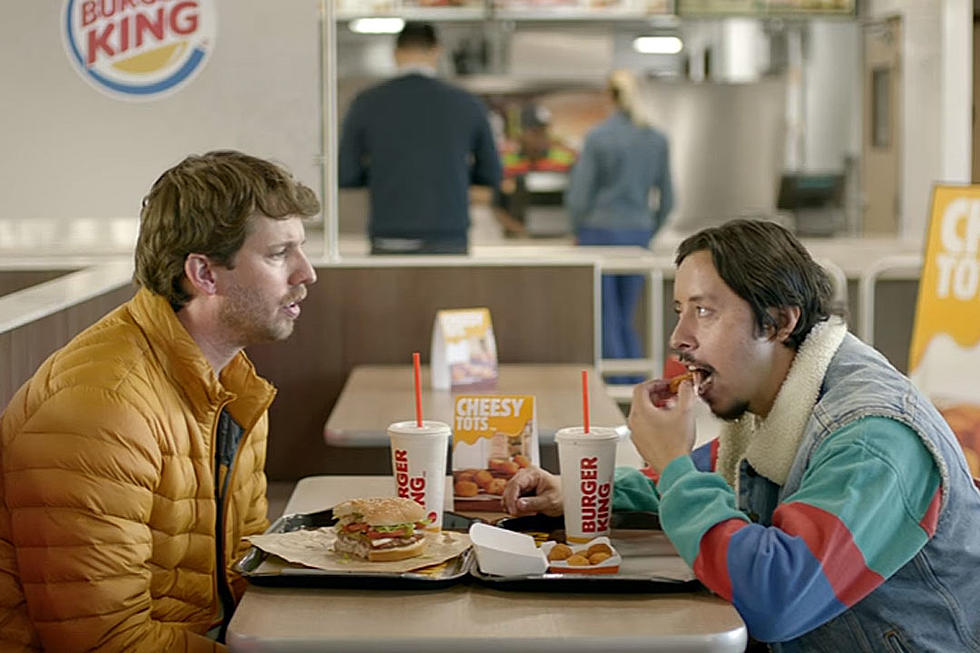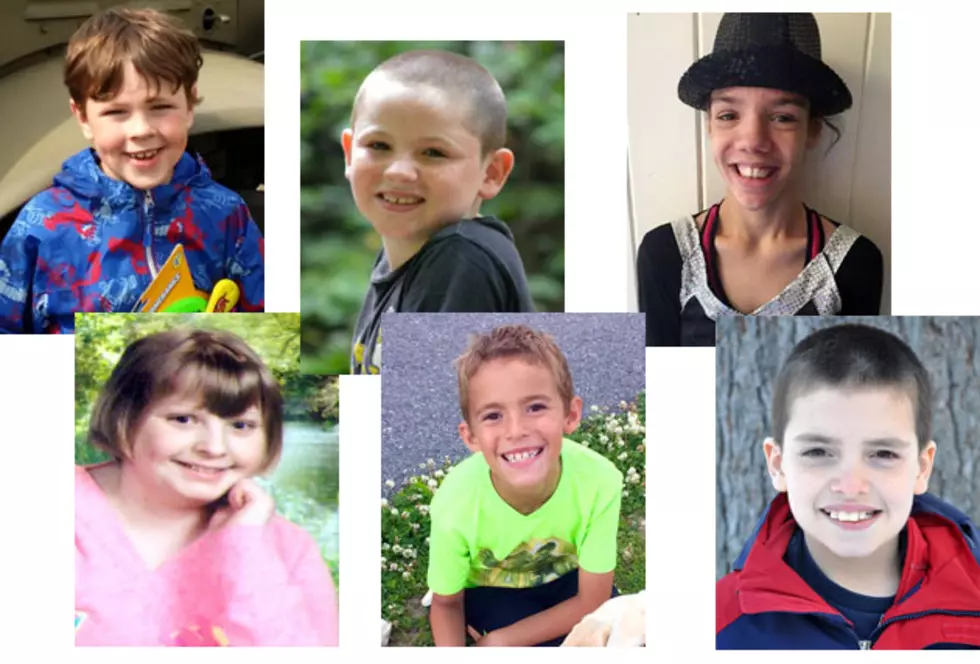
‘Jackie’ Review: Natalie Portman Is Spectacular in Pablo Larrain’s Intimate Jackie Kennedy Biopic
It doesn’t hurt that Natalie Portman looks a lot like Jackie. Dressed in pearls and a classic 1960s suit with a perfect bouffant hairstyle, she’s the spitting image of the former First Lady. But in Chilean filmmaker Pablo Larraín’s Jackie, Portman’s performance goes beyond looks. As Jacqueline Kennedy Onassis, Portman flourishes in one of the best and most deeply human roles of her career.
The Chilean filmmaker, best known for No and The Club, directs a script from Noah Oppenheim (Allegiant, The Maze Runner) about the week following the assassination of John F. Kennedy. The film opens with close-ups of a weary Mrs. Kennedy first walking through a field, then answering the door to an unnamed journalist played by Billy Crudup. The narrative flashes between an interview in the Kennedy’s Massachusetts home and the memories, or I should say stories, she recalls to the journalist. Portman’s Jackie is aware that she’s telling a story of characters, creating legends for people to hold on to at a time when the nation was consumed by shock and mourning.
Before jumping into the tragedy, Larraín invites us to get to know Portman’s Jackie. He cuts to her famous 1962 CBS News broadcast A Tour of the White House with Mrs. John F. Kennedy, with black and white footage of a calm Jackie discussing her $2 million White House restoration project. Portman nails the First Lady’s mannerisms, speaking with careful pauses and a slight bounce to her words that’s bookended with her poised smiles.
Then Larraín gives us a look at the real Jackie Kennedy — or at least his perception of her following the murder of her husband. Here is when the film slips into an agitated daze as the director shows us the Presidential motorcade after Kennedy was shot. The camera hovers above the convertible limousine as it races on the freeway, a Secret Service officer clinging to the back of the car to protect the President and First Lady from any further shots. Larraín fills the sequence with frantic dizziness, capturing the moment’s sense of confusion and terror.
It’s not until much later in the film that he shows us the assassination, again using uncomfortable close-ups to obscure what we can actually see. He puts us right in the car with Jackie, as a cheerful celebratory moment switches into a nightmare in an instant as the shots are fired. The scenes take on a haunting, startling atmosphere with Mica Levi’s score, who composes chilling, screeching tones similar to her work in Under the Skin. With any other filmmaker this music might feel out of place, but paired with Larraín’s shots and editing it weaves a fog of colliding, intense emotions.
With his use of extreme close-ups, Larraín thrusts us into the vortex of Jackie’s depression, grief, and rage. In one of the film’s most mesmerizing sequences, a loud track from the 1960 musical Camelot blasts from a record player as Jackie slowly spirals downward. She walks through the empty rooms and hallways of the White House, wearing a different gown from her closet in each, pouring more and more glasses of wine and lining up prescription pills on a table. It’s a stunning sequence.
We get more of this intimacy with Portman in scenes that focus solely on her perspective. Right after the assassination Portman looks into the camera as she cries and wipes the blood stains from her face. We pace Air Force One with her as she listens to Peter Sarsgaard’s Robert Kennedy discussing funeral details and as Lyndon B. Johnson (John Carroll Lynch) is sworn in. There are multiple actors crammed into the frame in these moments, but you can’t look away from Portman, who conveys a potent mix of bewilderment, terror, and shock. She manages to express such extreme emotions in a performance full of nuance; Portman’s work in Jackie is on par with her performance in Black Swan, and worthy of another Oscar nomination.
Jackie isn’t an entirely distressing viewing experience, though. Portman adds doses of humor to the film in her scenes with Crudup, revealing herself as a woman who’s smarter and more in control than she may appear to the outside world. Crudup is well-cast as a vigilant, if insensitive, reporter, but when he pushes for details or injects an opinion, Jackie bites back. She grabs his notepad from across the table to look over his notes, and, after taking a giant puff of a cigarette, looks at Crudup straight on and tells him, “I don’t smoke.” These touches of humor make Portman’s Jackie feel more human and relatable, letting us get closer to the woman known through her curated poses and famous photographs.
Larraín’s film shatters the polished presentations of most biopics. Instead of observing its historical subject from behind a glass case, Jackie offers a piercing portrait of a woman’s psychological and emotional journey. We may not know what was going through Jackie’s mind in those days following the assassination of her husband or what it was like to be in that motorcade, but with Larraín we get a version that feels palpably human.
More From WDEA Ellsworth Maine




![Did You Know The Last Active Shaker Village in the World is in Maine? [VIDEO]](http://townsquare.media/site/494/files/2016/11/shaker-village.jpg?w=980&q=75)





